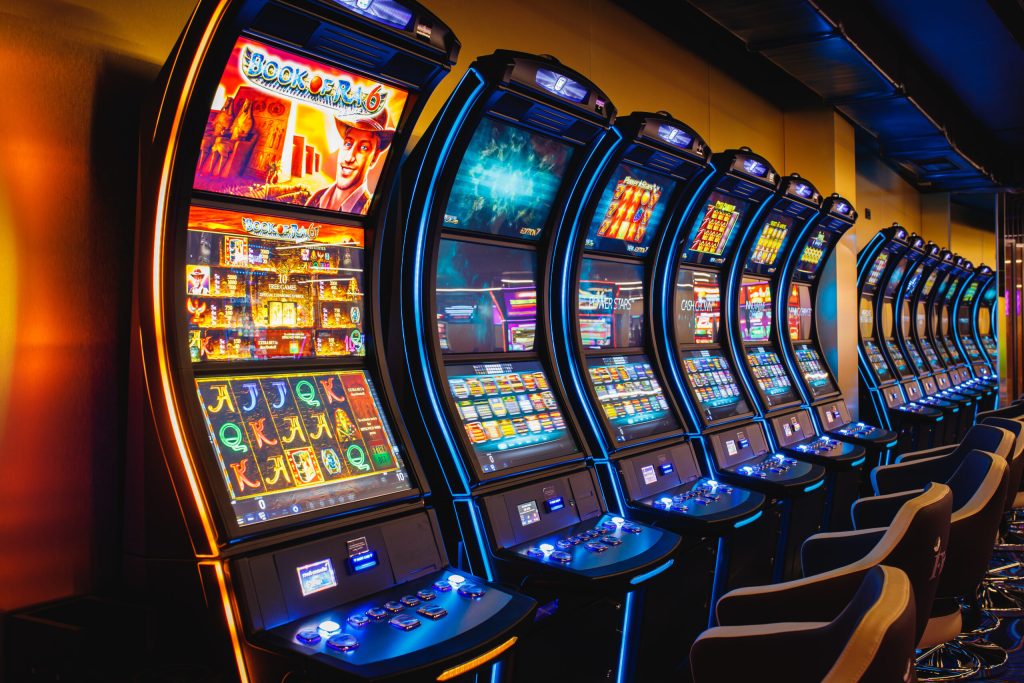Exploring Public Health Perspectives on Casino Gambling in Brazil
As Brazil contemplates the legalization of casinos, public health perspectives have emerged as a crucial aspect of the debate. While proponents argue that the gambling industry can stimulate economic growth and create jobs, critics raise concerns about its potential negative impacts on public health. In this article, we delve into the various public health perspectives on casino gambling in Brazil, examining both the potential benefits and risks associated with its expansion.
Potential Benefits of Casino Gambling
Proponents of casino gambling often point to its potential economic benefits, including job creation, tax revenue generation, and increased tourism. A thriving gambling industry could stimulate investment in infrastructure, hospitality, and entertainment, contributing to local economic development. Moreover, the entertainment value of casinos may attract tourists, both domestic and international, boosting the hospitality sector and supporting small businesses in surrounding areas.
Addiction and Mental Health Concerns

However, public health experts warn of the potential for casino gambling to exacerbate addiction and mental health issues. Problem gambling can lead to financial hardship, family conflict, and psychological distress, impacting not only the individual but also their loved ones and communities. In Brazil (https://kingslotsbr.com/), where mental health services are often inadequate, the consequences of gambling addiction can be particularly severe, placing additional strain on already overburdened healthcare systems.
Vulnerable Populations
Certain populations may be more vulnerable to the negative impacts of casino gambling, including low-income individuals, youth, and those with pre-existing mental health conditions. Research suggests that individuals from disadvantaged backgrounds are more likely to experience problem gambling and its associated harms, such as debt, unemployment, and substance abuse. Moreover, young people may be especially susceptible to the allure of gambling, as they are more impulsive and less risk-averse than adults.
Social Impacts
The social impacts of casino gambling extend beyond individual health outcomes to broader societal issues. Problem gambling can strain familial relationships, disrupt social networks, and contribute to social isolation and stigma. Moreover, the normalization of gambling within society can lead to the proliferation of gambling-related harm, as individuals may view it as a socially acceptable or even glamorous activity. Addressing these social impacts requires a comprehensive approach that considers the interconnectedness of individual, family, and community well-being.
Harm Reduction Strategies

To mitigate the negative public health impacts of casino gambling, harm reduction strategies are essential. These strategies aim to minimize the harm associated with gambling while recognizing that some level of gambling activity may be inevitable. In Brazil, harm reduction measures could include public education campaigns to raise awareness about the risks of gambling, as well as the promotion of responsible gambling practices such as setting limits on time and money spent gambling.
Regulatory Measures
Regulatory measures also play a crucial role in protecting public health in the context of casino gambling. Brazil must implement strict regulations to ensure that casinos operate in a socially responsible manner, with measures in place to prevent underage gambling, limit advertising to vulnerable populations, and provide support services for individuals affected by problem gambling. Additionally, regulators should enforce penalties for operators that fail to comply with these regulations, fostering a culture of accountability within the industry.
Striking a Balance
In conclusion, public health perspectives on casino gambling in Brazil highlight the need for a balanced approach that acknowledges both the potential benefits and risks associated with its expansion. While casinos may offer economic opportunities, they also pose significant public health challenges, particularly in terms of addiction and mental health. By implementing harm reduction strategies, enforcing strict regulations, and prioritizing the well-being of vulnerable populations, Brazil can mitigate the negative impacts of casino gambling while maximizing its potential benefits. Ultimately, striking a balance between economic development and public health is essential to ensure a sustainable and responsible approach to casino gambling in Brazil.